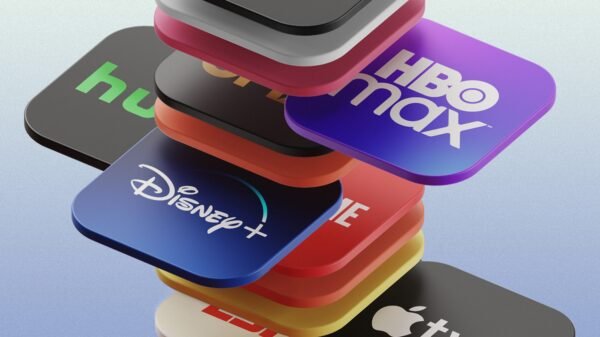The biggest concern for many people in 2022 is the Federal Reserve and their potential announcement of a digital dollar in May. Many crypto investors are examining score predictions on the future direction crypto might head after a Fed announcement. While these investors are examining an inside track, everyone else is left to wait for what happens, if Can Crypto Markets Recover If the Fed Announces A Digital Dollar. Answer is bit more complex than you think.
Meanwhile, cryptocurrencies have been in a free fall since the start of April. The biggest plunge in the cryptocurrency market came on May 5th. But will the Fed’s stance on a digital dollar make or break the crypto market?
Federal Reserve Answer on Digital Dollar Will Alter the Market for Crypto
While the Federal Reserve has been tight-lipped on if they will adopt a digital dollar, the forming of digital currency by the United States will affect the crypto market. If the Fed announces a digital dollar, a group of people could start investing in cryptocurrencies like Bitcoin and Dogecoin. The reasoning for that comes from a fear of government overreach with people’s assets if paper money is no longer used.

Those people fear the control governments can have with a fiat digital currency, leading them to invest in a decentralized currency. Cryptocurrencies are the only decentralized currency available for people to invest their fiat into. That is why a Federal Reserve push for a digital dollar will affect crypto markets.
However, they are not set on doing this, as they have expressed further examination is needed before making that move. But the COVID-19 pandemic has presented the perfect opportunity for governments to make a push for digital money. With people fearing the spread of disease, physical fiat becomes a problem in a new world with deadly diseases.
Will the Continued Spread of COVID-19 Usher in A New World of Digital Money?
While China and Japan both have digital currencies set to be widespread in 2022, those programs started before the COVID-19 pandemic came about. However, the United States wasn’t making plans for a digital dollar until 2020, after the pandemic began. Congress attempted to pass a bill that would allow for a digital dollar in 2020, but the bill was voted down by the Senate.
With COVID-19 still spreading after vaccines have been available for a year, a push for countries to adopt digital currencies might be on the horizon. They might see digital fiat as a way to stop the spread of COVID-19 in their country. It could also be the push needed for the Federal Reserve in the United States to lay the groundwork for a digital dollar.
With the dollar seen as the world’s reserve currency, the move to go digital by America could also factor in other countries doing the same. They could follow suit, wanting to stay in line with whatever America is doing. However, other countries doing that might further push people into cryptocurrencies if they distrust their government.
The Reason Decentralized Cryptocurrencies are Appealing to Those Who Distrust their Government
Cryptocurrencies offer people some of the best options with currencies available on the market. They are decentralized, meaning the government can’t just flip a switch to cut off your funds if you do anything they don’t approve of.
With governments having more power over a Central Bank Digital Currency (CBDC), people fear that their government could take away any funds they have if they resist any new laws or proposed laws.

The most recent case of something like this comes from China, where the government has a social credit score on its citizens. Their digital currency now allows them an ability to cut off or restrict funds to citizens with a low social credit score. However, that is only if they choose to take that route with its citizens.
But China isn’t the only country that’s going to use a social credit score for citizens. Italy is one of the first EU nations contemplating a social credit system for their citizens. However, the system isn’t currently in place and could take years to implement. But that won’t stop citizens from being afraid of what a social credit score could lead to in the future.

Senior Writer, has been with Rottenpanda.com since 2017. With a bachelor’s degree in communications, Nick specializes in finding interesting topics, gathering details, checking facts, and making complex subjects easy to understand. In addition to writing articles, Nick loves traveling, pets and happily married to Lucy.



![8 Best Contract Management Software For Small Businesses in 2023 [Updated] 9 contract management software](https://rottenpanda.com/wp-content/uploads/2022/09/contract-management-software-600x337.jpeg)


